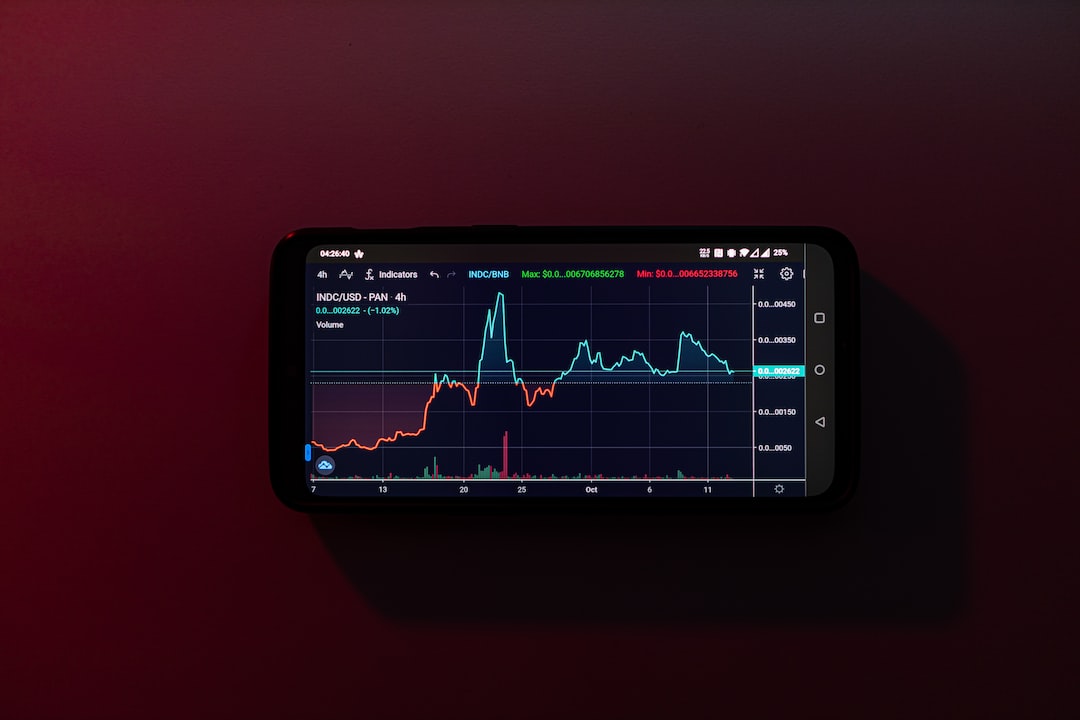Indian Supreme Court Rejects Plea for Crypto Regulations
The Indian Supreme Court recently dismissed a Public Interest Litigation (PIL) that sought to establish regulations and guidelines for cryptocurrency trading in India. The bench, headed by the Chief Justice of India (CJI), deemed the petitioner’s demands as legislative in nature, leading to the dismissal of the plea.
Manu Prashant Wig, the petitioner, is currently in custody by the Delhi Police in connection with a cryptocurrency case. The Economic Offence Wing (EOW) of the Delhi Police filed a case against Wig in 2020, accusing him of deceiving individuals to invest in crypto with promises of high returns.
Despite the rejection of the PIL, the court allowed Wig to pursue legal remedies and approach other relevant authorities. The bench advised him to seek bail from a different court, emphasizing that demands for crypto trading regulations fall within the legislative domain.
Crypto Trading Status in India
The status of crypto trading in India remains uncertain due to the lack of standardized rules and specific frameworks for handling cryptocurrencies. However, India is reportedly working on developing a cryptocurrency regulatory framework based on joint recommendations by the International Monetary Fund (IMF) and the Financial Stability Board (FSB). This framework could potentially become legal legislation within the next five to six months.
Hot Take: Indian Supreme Court’s Decision on Crypto Regulation
The Indian Supreme Court’s rejection of the PIL seeking cryptocurrency regulations reflects the ongoing debate surrounding crypto trading in India. With no clear guidelines or rules in place, there is uncertainty about how cryptocurrencies will be handled in the country. The upcoming regulatory framework development could provide much-needed clarity for traders and investors in India, but it remains to be seen how it will impact the crypto landscape in the country.





 By
By
 By
By
 By
By


 By
By